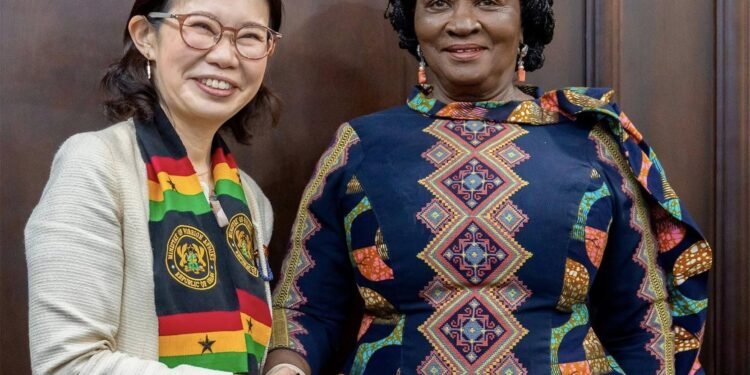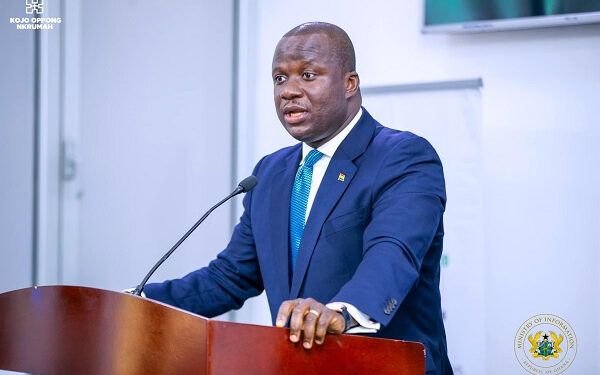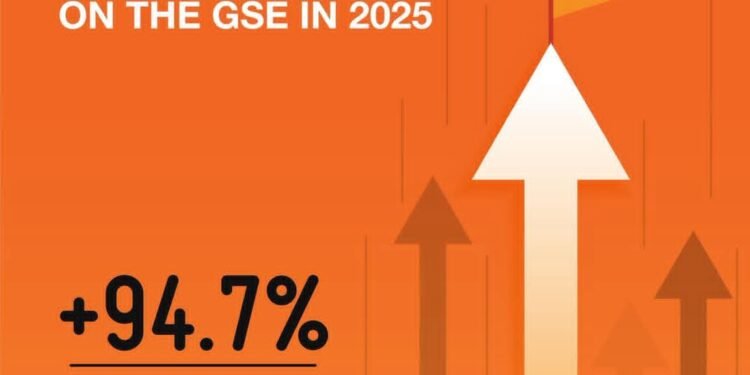The Supreme Court has indefinitely adjourned the case involving Ernest Kumi of the NPP concerning the Akwatia constituency Parliamentary elections.
Speaking to the media after the adjournment, Mr. Gary Nimako, the Director of Legal Affairs for the New Patriotic Party (NPP) outlined the legal issues surrounding the petition filed by Ernest Kumi after losing the election and raised concerns about the processes followed by the courts and the Electoral Commission (EC).
Mr. Nimako explained that the petition challenging the Akwatia constituency results was filed prematurely. He stated;
“The petition was filed on 31st December 2024, but at the time of filing, the Electoral Commission had not gazetted the results. The gazette was only done on 6th January 2025.”
Mr. Gary Nimako, Director of Legal Affairs, NPP
This timing, according to him, invalidates the petition because the absence of a gazette means the results were not officially certified when the court issued its ex parte injunction order on 2nd January 2025.
The court’s decision to issue an ex parte injunction has been a point of contention. Mr. Nimako argued that the injunction should not have been granted in the absence of an official gazette. He noted:
“The court decided to rely on a media publication by Dr. Bossman Asare to claim there was a gazette. As a matter of fact, we all now know that the gazette was only issued on 6th January 2025.”
Mr. Gary Nimako, Director of Legal Affairs, NPP
This reliance on media reports rather than official documentation raises questions about the judicial process in this matter.
Further complicating the issue is the distinction between the gazette and the writ of elections forwarded by the EC to Parliament. Mr. Nimako clarified;
“In Parliament, the Clerk of Parliament referred to the writ of elections that had been forwarded by the EC. These are all processes through which the EC communicates its work to Parliament.’’
Mr. Gary Nimako, Director of Legal Affairs, NPP
However, he clarified that the writ is not the same as the gazette. He emphasized that while the writ informs Parliament of the election outcomes, the gazette remains the official certification of the results.
Implications of the Court’s Actions

Mr. Nimako criticized the court’s actions, arguing that the processes followed were fundamentally flawed.
He pointed out that at the time the injunction was issued, there was no valid gazette notification. The court had no business issuing those processes based on incomplete and unofficial information. He expressed hope that the Supreme Court would consider these procedural lapses in its deliberations.
In his closing remarks, Mr. Nimako underscored the importance of adhering to legal procedures in election disputes, stating;
“The fact of the matter is very simple: that the gazette the notification as we’ve all seen on Ghana publishing, was done on 6th January 2025. So, clearly, the petition was filed on 31st December 2024- we are simply saying what the court did was wrongful. So, the Supreme Court should quash what the court did and prohibit the judge from hearing any case involving Ernest Kumi.”
Mr. Gary Nimako, Director of Legal Affairs, NPP
Meanwhile, the Supreme Court’s final decision on the case is highly anticipated, as it could have significant implications for the conduct of future election petitions in Ghana. This case highlights the complexities of legal processes surrounding elections and the importance of proper certification before initiating judicial proceedings.
READ ALSO; Richie Mensah Reveals Kuami Eugene’s Status With Record Label























